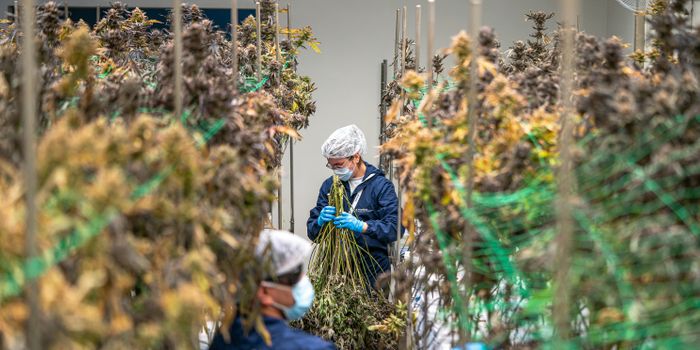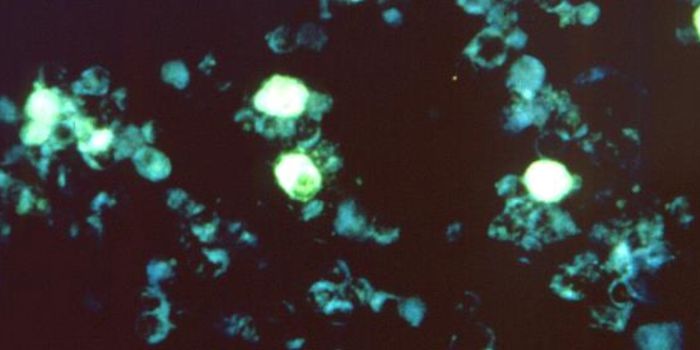Restoring Function to a Damaged Kidney
Kidney failure has a significant impact on public health; about 750,000 Americans and 2 million people around the world are affected every year. People can be treated with dialysis or a transplant, but there is a need for improved therapeutics. Scientists may have taken a significant step forward on that front; they have shown that by blocking the action of interleukin-11 (IL-11), a protein that regulates scar formation, kidney cells were able to regenerate and function normally again after disease or injury. The findings have been reported in Nature Communications.
In chronic kidney disease, IL-11 activity can lead to scarring in the kidney and other organs including the heart, lungs, and liver. IL-11 activates a molecular cascade that causes inflammation, scarring, and loss of function. However, a neutralizing antibody that stops IL-11 could prevent and reverse damage to the kidney.
The research also showed that cells that line the tubes inside of kidneys, renal tubule cells, release IL-11 after injury. This leads to a variety of signals that eventually cause an increase in the expression of a gene called Snail Family Transcriptional Repressor 1 (SNAI1), which stops cell growth and promotes dysfunction in kidneys. Antibodies that bind to IL-11 were able to stop this process, restoring function to injured kidney cells.
“The contribution of chronic kidney disease to mortality is rapidly increasing, suggesting there are shortcomings in current therapeutic approaches,” said first study author and Assistant Professor Anissa Widjaja, of the Cardiovascular & Metabolic Disorders (CVMD) Signature Research Program at Duke-NUS.
The researchers have shown that function can be restored in damaged kidneys, noted study co-author, Duke-NUS Dean and Professor Thomas Coffman, the principal investigator of the Diabetes Study in Nephropathy and other Microvascular Complications (DYNAMO).
“This discovery could be a real game-changer in the treatment of chronic kidney disease, which is a major public health concern in Singapore and globally, bringing us one step closer to delivering the benefits promised by regenerative medicine.”
Sources: Duke University, Nature Communications









